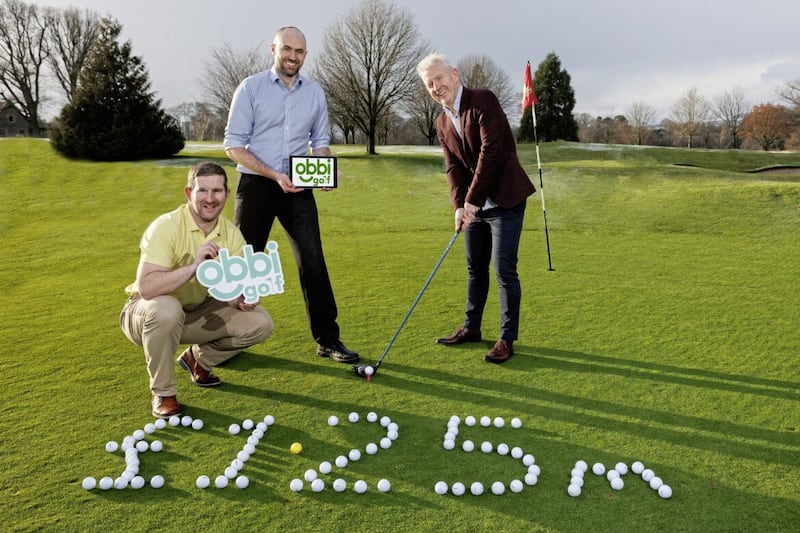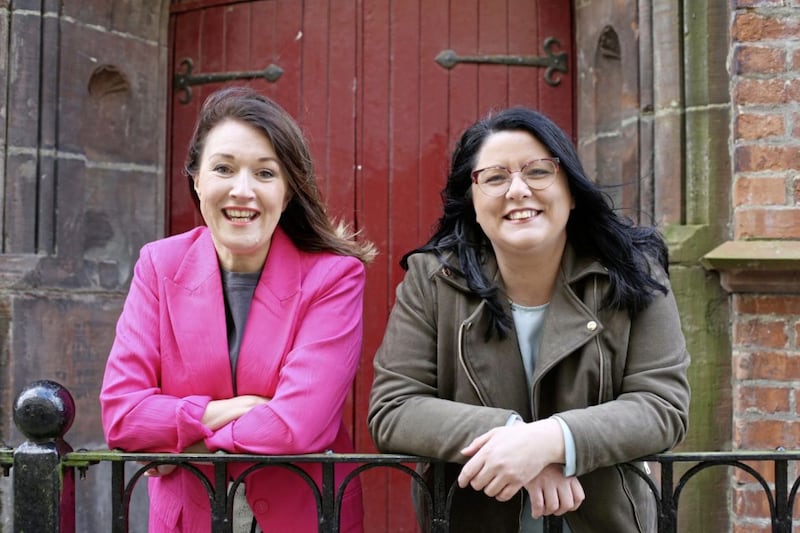When people think of YouTube, do they still just think of silly videos of cats? If they do, they are seriously underestimating one of history’s most significant cultural phenomena.
When 14-year-olds are reaching billions of people around the world from their bedrooms, you know there is something significant happening.
Young people are becoming scriptwriters, editors, directors and social media managers - essentially one-person media enterprises.
In the past, they would have needed a video camera, a camera operator, microphones, editors, and access to a very large organisation with the capacity to transmit around the globe. Today, all they need is a smartphone and an internet connection.
The creation and distribution of content is now almost entirely democratic. This is one of the key reasons why some children now want to be a YouTuber rather than a doctor when they grow up.
Some of these content creators really are making very ‘big bucks’. We heard recently from a San Francisco-based talent agency that YouTube personalities charge an average of £143,000 for each sponsored video. So it’s little wonder some young people want to become YouTubers.
YouTube even has a creator academy to help wannabe YouTubers to develop their skills. They can get tips from savvy creators as they showcase their secrets and best practices - pre-production, production, building your channel, getting discovered, growing your audience, analytics, case studies, deep dives into different genres.
Make no mistake, YouTube is now very big business for a lot of people. And the ‘old guard’ broadcasting companies feel the need to be part of this new world.
Children have stopped watching traditional TV stations, and the big guys, including Disney, need to invest in these new breed multi-channel networks (MCN). An MCN is basically a production company for a group of YouTubers that have been brought on to its books. One such, Maker Studios, was acquired by Disney for more than $500million. And telecoms firm Verizon bought a stake in MCN AwesomenessTV, valuing it at $650m.
Along with all the celebrity status that goes with a very famous YouTuber, there is a quite serious educational and skills development element to the world of YouTube. My son recently figured out how to replace a 100cc pit bike engine with a 140cc engine, all by watching YouTube videos. Each stage of the operation was closely followed on high quality productions created by other like-minded mechanics wanting to share their knowledge with the world.
Like most things, there is a potential negative side to all of this - because when you start to get popular on YouTube, you are very likely to receive criticism. This can sometimes be for reasons of jealousy from fellow YouTubers. But it is also the way of the world on the internet these days.
The fact that 92 percent of 16 to 24-year-old-non-Chinese internet users visit YouTube every month means this phenomenon is only going to get bigger and bigger in the foreseeable future. The advertising revenues look set to increase as large companies see their marketing spend better used in the world of YouTube.
Locally, this means there are opportunities for start-up companies in the tech space to join in and create jobs maybe by creating the next big MCN or by finding alternative ways to bring together new great content. There is a whole new world of related software applications waiting to be developed; and we can be part of that.
There’s also room for the next big video hits online to be from our pool of hugely talented students well capable of participating at a global level in the new generation internet video sensations.
:: Patrick McAliskey is managing director Novosco, an indigenous managed cloud company with offices in Belfast, Dublin, Cheshire and Cork. It employs 140 people and works for leading organisations across the UK and Ireland, including many of Northern Ireland's top companies, UK health trusts, councils and other organisations.







